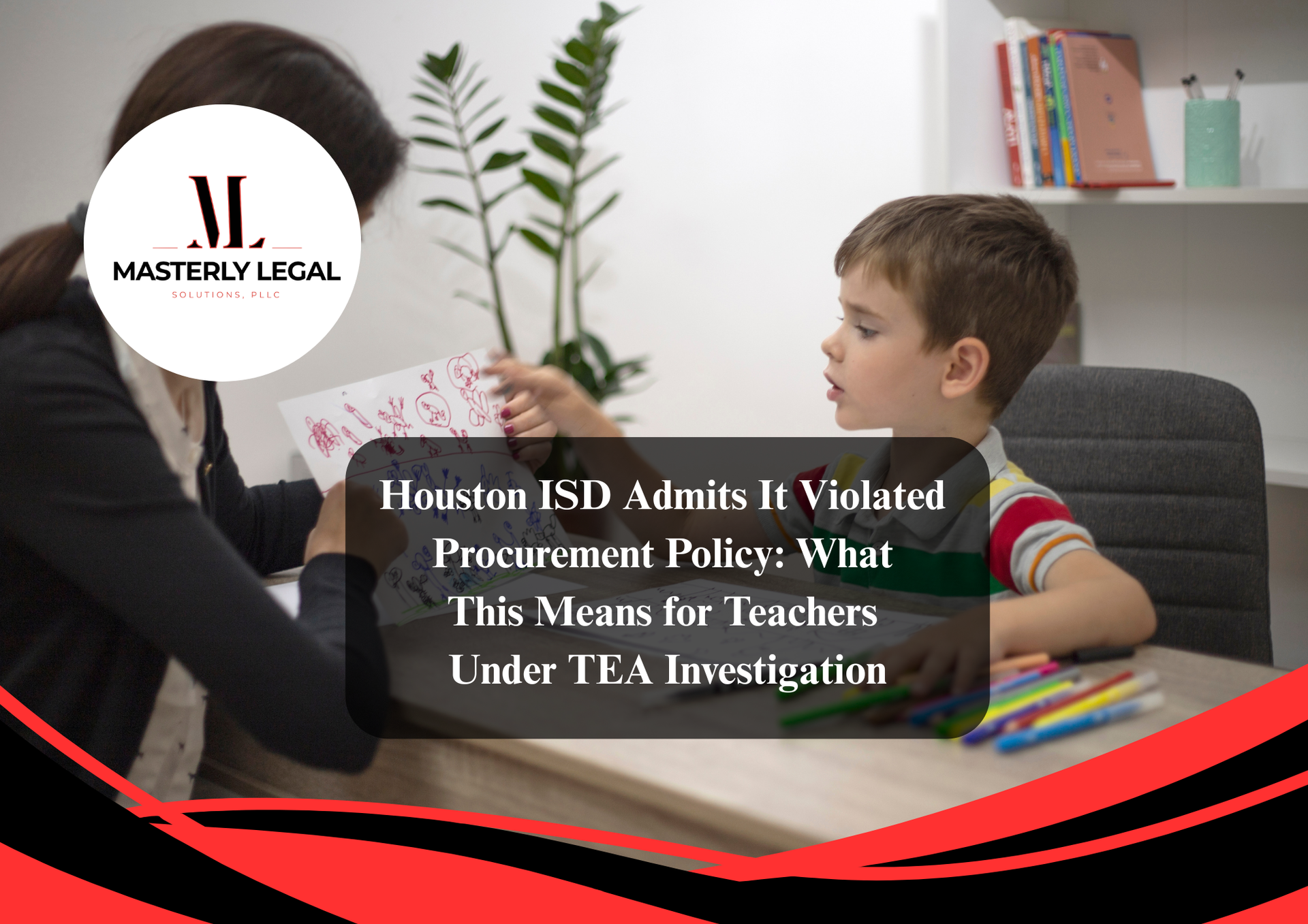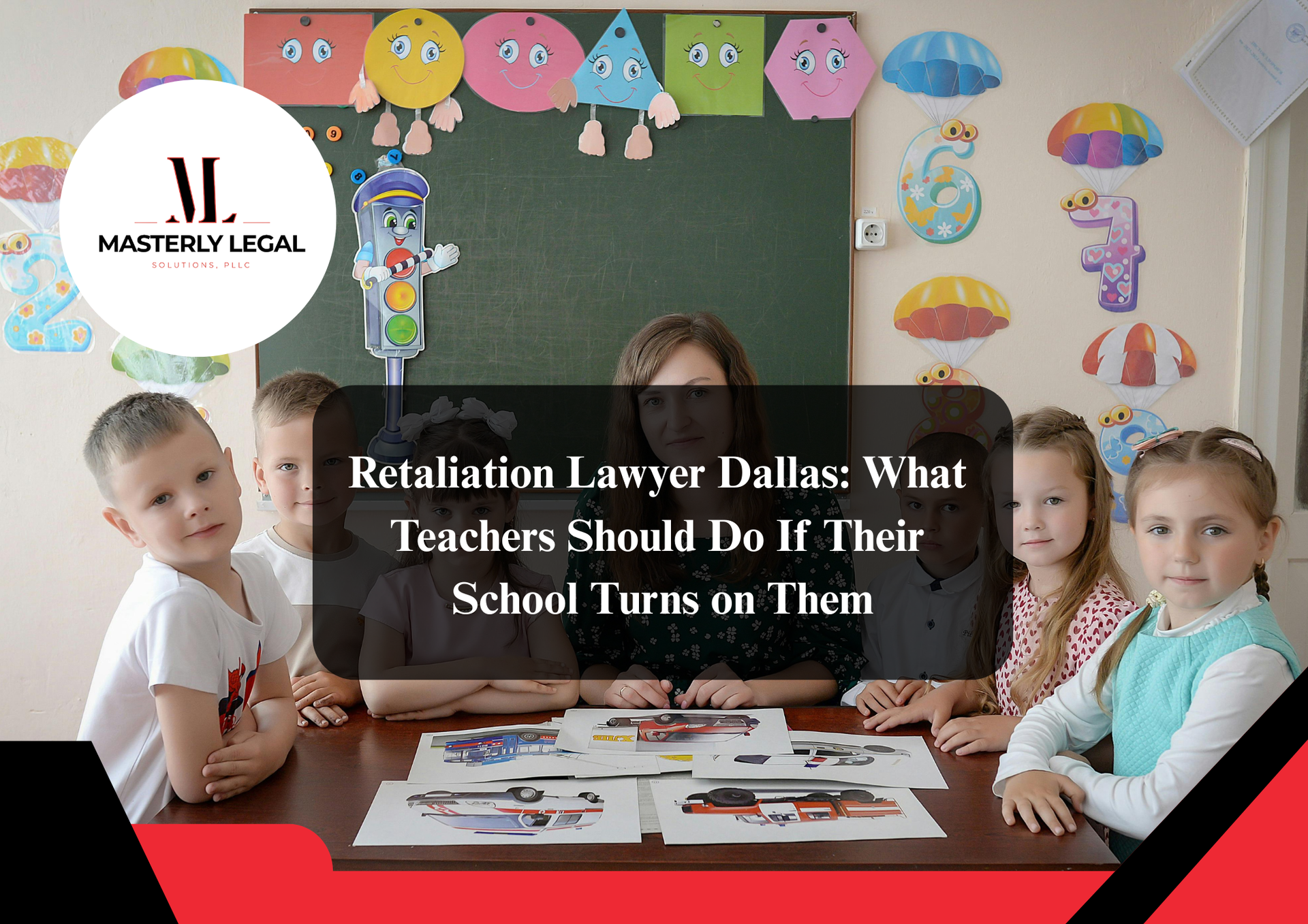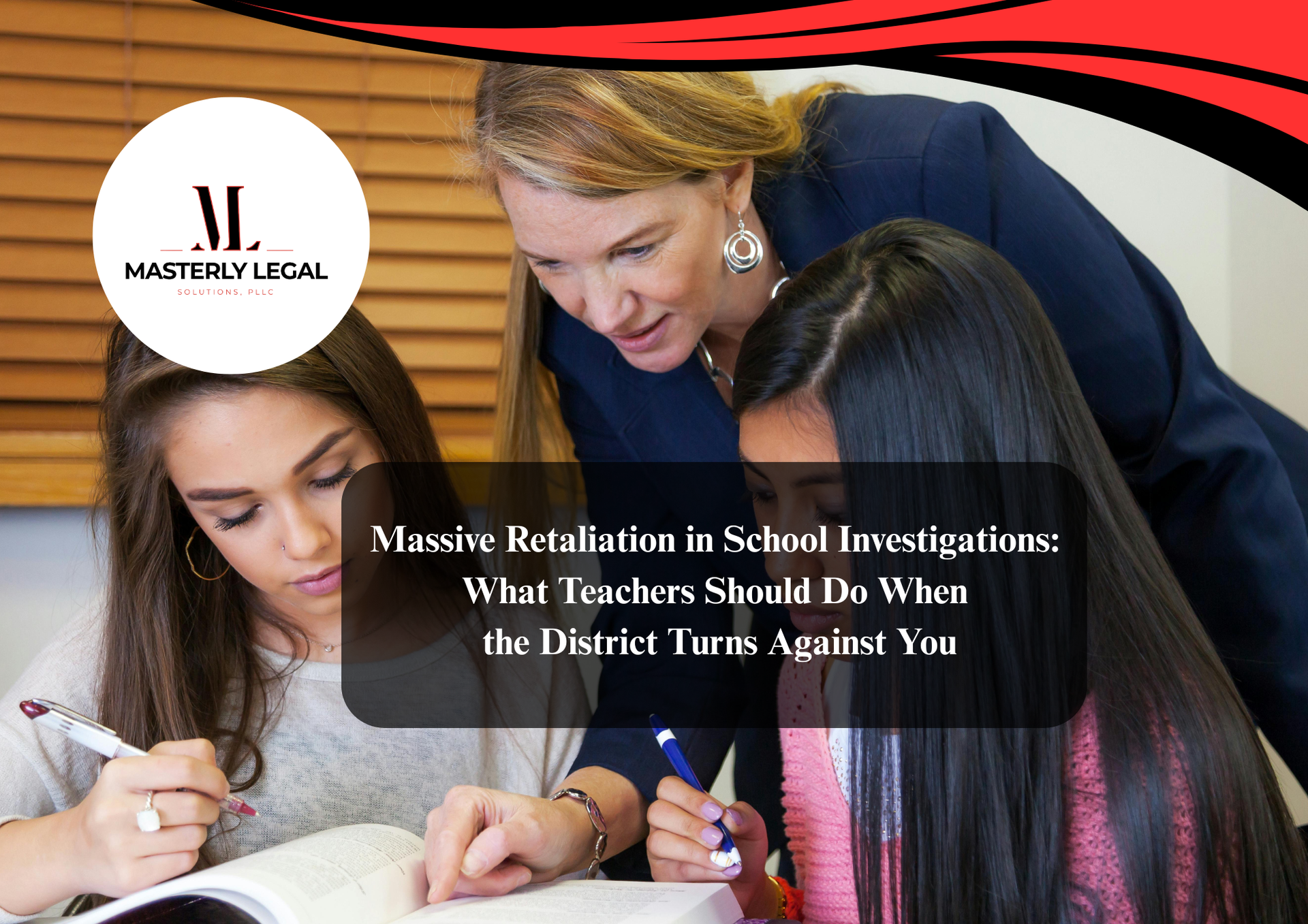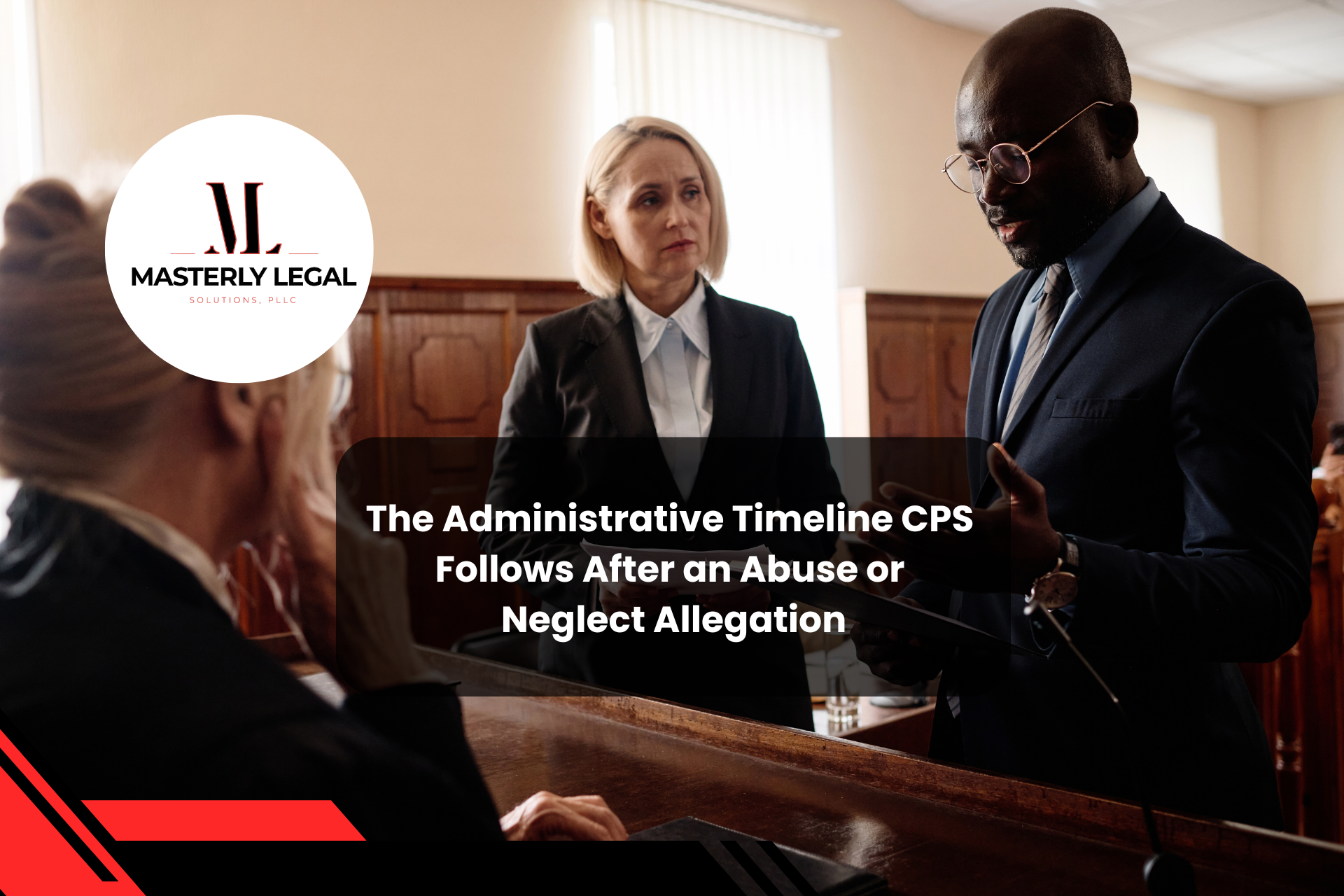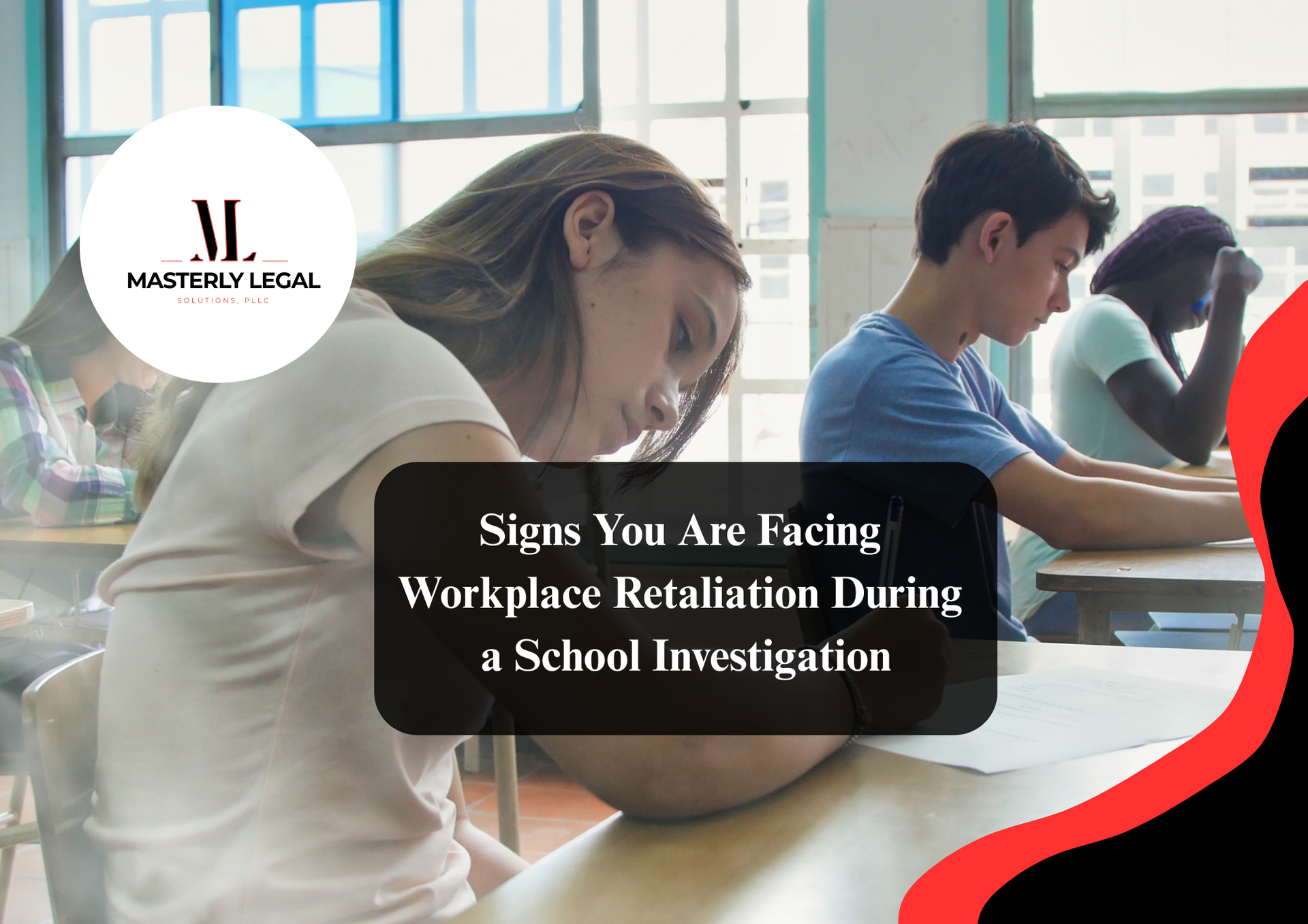Avoiding Costly Lawsuits Through Effective Sexual Harassment Training for Management Teams
Effective sexual harassment training is not just a legal requirement; it is a crucial strategy to safeguard your business from costly lawsuits and protect your workforce. For management teams, sexual harassment prevention training plays an essential role in creating a respectful work environment while mitigating risks associated with harassment in the workplace.
Understanding the Importance of Training
Supervisory and managerial employees have a responsibility to prevent and address harassment. They are often the first line of defense in ensuring that workplace harassment is swiftly and effectively handled. Providing training tailored to supervisors helps:
- Recognize behaviors that constitute unlawful sexual harassment.
- Equip managers to address complaints effectively.
- Prevent the escalation of issues that can result in legal action.
Key Statistics Highlighting the Need for Training
The Equal Employment Opportunity Commission (EEOC) reported that sexual harassment claims accounted for a significant percentage of workplace harassment complaints in recent years. Businesses that fail to provide adequate workplace harassment training face reputational damage and financial consequences, including:
- High turnover rates.
- Decreased employee morale.
- Lawsuits resulting in expensive settlements or judgments.
Legal Foundations of Sexual Harassment Training
Federal Law and Training Requirements
Federal law, including Title VII of the Civil Rights Act, requires employers to take measures to eliminate sexual harassment. Employers must provide training that includes sexual harassment prevention and covers key concepts such as acceptable behaviors, corrective measures, and applicable laws.
State-Specific Requirements
Some states, like New York and Illinois, mandate workplace harassment prevention training. New York City employers, for instance, are required to provide annual sexual harassment training that addresses practical examples of unlawful harassment and bystander intervention strategies. Illinois employers must follow the Illinois Human Rights Act, which specifies detailed training requirements for all employees, including seasonal employees.
Components of Effective Sexual Harassment Training for Supervisors
Core Topics to Include
A well-rounded training program for managerial employees should cover the following:
- Definitions and Examples: Identifying what constitutes unlawful sexual harassment.
- Internal Complaint Process: Steps for reporting harassment and ensuring confidentiality.
- Managerial Responsibilities: Handling complaints and taking corrective measures.
- Applicable Laws: Federal, state, and local laws governing harassment prevention.
- Conflict Resolution: Techniques to de-escalate situations before they escalate into legal claims.
Supplemental and Annual Training
To reinforce learning, businesses should provide supplemental training sessions in addition to annual training programs. These sessions can focus on updates to legal requirements or emerging workplace issues like inclusive behaviors and bystander training.

Benefits of Sexual Harassment Training for Management Teams
Risk Mitigation
Effective training helps eliminate sexual harassment and reduces the likelihood of lawsuits. Supervisory employees who understand their responsibilities are better equipped to address issues early, preventing costly litigation.
Improved Workplace Culture
Providing training fosters a respectful work environment where employees feel safe and valued. This improves morale and retention, leading to a more productive workforce.
Compliance with Training Requirements
Businesses that fail to meet sexual harassment training requirements risk penalties and lawsuits. Ensuring compliance demonstrates a commitment to legal and ethical standards.
Implementation Best Practices
Tailoring Training to Your Business
Every workplace is unique, and training programs should reflect the specific challenges and dynamics of your organization. Incorporating practical examples relevant to your industry makes the training more effective.
Engaging Delivery Methods
Interactive online training modules, workshops, and role-playing scenarios help reinforce key concepts and keep participants engaged. Offering technical support ensures accessibility for all employees.
Tracking and Documentation
Maintain records of who received training and when to demonstrate compliance with training requirements. This is particularly important for businesses with three or more employees or those in regulated industries.

Addressing Harassment Allegations with Sensitivity
Responding to Complaints
When allegations of harassment in the workplace arise, it is essential to follow a clear complaint process. Supervisory employees should:
- Take complaints seriously and investigate promptly.
- Document all steps taken to address the issue.a
- Implement corrective measures to prevent recurrence.
Protecting Your Business
Providing training consistent with the sexual harassment prevention policy and offering an internal complaint process demonstrates your commitment to a safe and respectful workplace. This can be a key factor in defending against lawsuits.
The Role of Comprehensive Training in Mitigating Legal Risks
Employers can significantly reduce the risk of legal recourse by ensuring their management teams and new employees participate in robust workplace training programs. These sessions should go beyond the basics, incorporating model training provided by regulatory bodies and offering information addressing conduct related to employment discrimination and abusive conduct. Tailoring content to include inclusion training and considerations for temporary or seasonal employees, tipped employees, and non-supervisory employees ensures the training meets diverse workplace needs. For organizations operating in states like New York, compliance with York State laws or leveraging frameworks such as the Delaware Department’s guidelines can further strengthen protections. Ultimately, such proactive measures create safer workplaces while aligning with the Maine Human Rights Act and similar laws to avoid costly disputes.
Building a Respectful Workplace Through Targeted Training Programs
Implementing sexual harassment consistent training programs is essential for cultivating a workplace that respects diversity and ensures compliance with legal standards. Employers should develop own supplemental training that addresses protected characteristics, including national origin, to help prevent discrimination based incidents. Such training should be designed to train employees across all roles, ensuring inclusivity for both management and employees working in diverse settings. Providing additional training focused on identifying and addressing harassment and discrimination helps create a more supportive work environment. Collaborating with regulatory frameworks ensures alignment with workplace laws while avoiding costly disputes.
Strengthening Policies with Sexual Harassment Prevention Training
Organizations must prioritize sexual harassment prevention training to foster a safe and respectful workplace environment. Incorporating workplace harassment training into onboarding and ongoing development programs ensures that employees and management are equipped to identify and address inappropriate behavior. Leveraging online training options can make these programs more accessible and scalable for organizations of all sizes. Additionally, creating tailored programs that align with state-specific guidelines, such as IDHR's supplemental training model, helps maintain compliance with legal requirements while addressing organizational needs. Adhering to frameworks like those established by the Maine Human Rights Commission and considering updates from formerly Senate Bill provisions ensures policies are both current and comprehensive, reducing risks of litigation and promoting a positive workplace culture.
Contact Us for a Free Consultation
At Masterly Legal Solutions, we understand the complexities of addressing and preventing harassment in the workplace. Our team offers tailored training programs to help businesses meet their legal requirements and foster a culture of respect and inclusion.
Contact us at (972) 236-5051 for a free consultation. We can help you navigate sexual harassment training requirements, develop comprehensive training programs, and provide ongoing support to ensure your business remains compliant and protected.
Notice: This post is not legal advice; it is merely informational in nature. Please speak with an experienced lawyer for particular legal advice.
Looking for Legal & Business Solutions? Contact Us Now
Fill in the form or call us to set up a meeting

